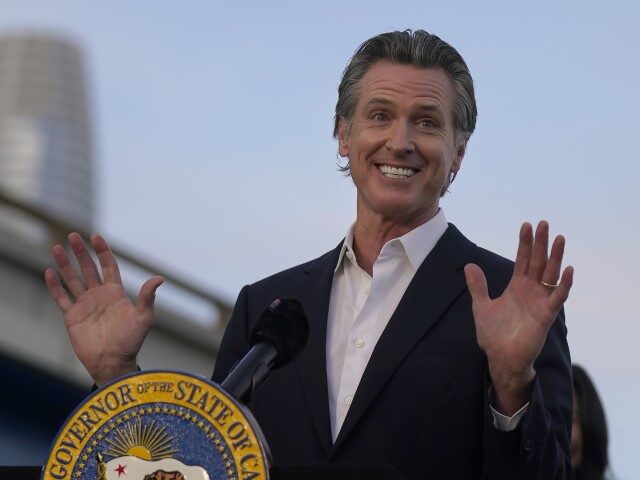California’s mandate that workers at fast food chains be paid a minimum of $20 an hour went into effect Monday despite concerns that it could exacerbate the state’s unemployment and inflation problem.
The new rules raise the minimum wage by 25 percent for workers at large chain restaurants and establish a Fast Food Council that will have the power to implement further hikes up to 3.5 percent each year over the next five years.
While some workers will receive raises, others are likely to lose their jobs to automation or cutbacks. Minimum wage hikes tend to eliminate jobs for the most vulnerable, least-skilled workers in jobs that do not produce enough revenue to support the high wage level.
“Some restaurant chains have responded by laying off workers. Pizza Hut franchises said in December that it laid off its delivery drivers in favor of using apps like Uber Eats and Door Dash in the face of the increase,” UPI reported.
California already has the highest unemployment rate in the country at 5.3 percent in February.
Some restaurants have said they will respond to the minimum wage hike by raising their prices. That could push inflation in the state higher. The consumer price index for services, excluding housing, was up 6.6 percent in the San Francisco area, far more than the 3.9 percent rate nationwide.
Higher minimum wages may also act as a magnet for illegal immigration. Studies have shown that the promise of higher wages attract migrants. What’s more, employers hoping to skirt the mandated pay increase are likely seek out illegal immigrants for employment because they are less likely to complain to government officials about being underpaid.

COMMENTS
Please let us know if you're having issues with commenting.